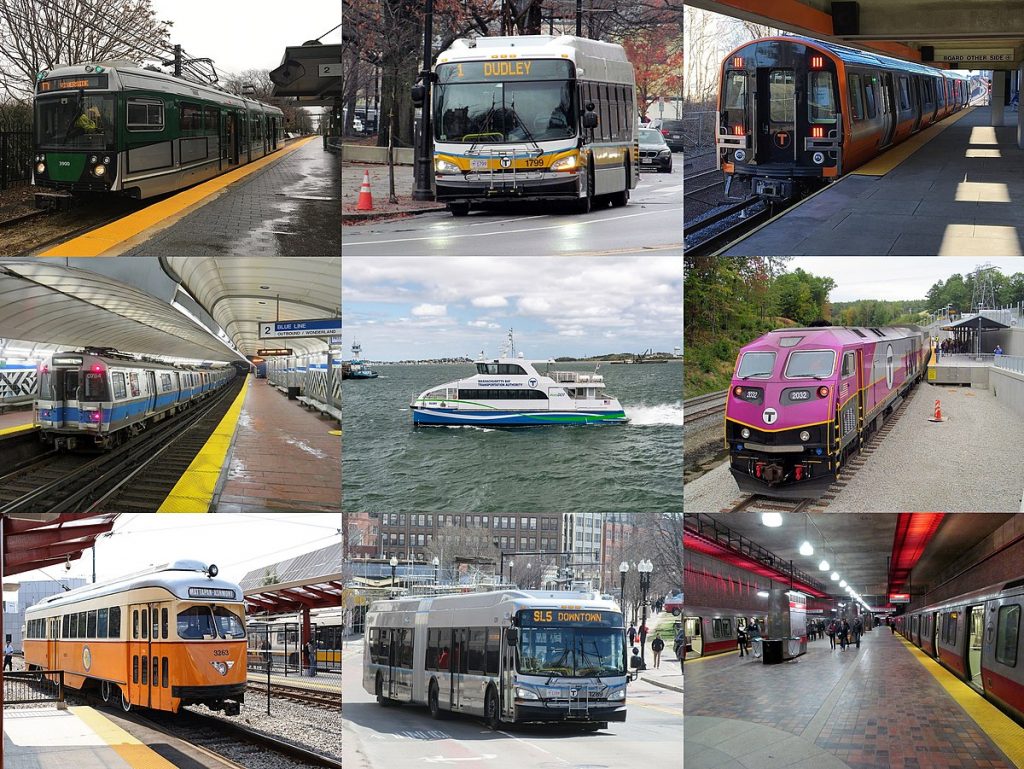Unveiling the Hidden Challenges: The Disadvantages of Train Travel

Train travel has long been a popular mode of transportation, offering convenience, affordability, and scenic views. However, it is essential to acknowledge that like any other form of travel, train journeys also come with their fair share of disadvantages. In this article, we will explore the various drawbacks of train travel, shedding light on the less-discussed aspects that travelers should consider before embarking on their next rail adventure.
- Limited Flexibility and Schedule Constraints:
One of the primary disadvantages of train travel is the limited flexibility it offers compared to other modes of transportation. Trains operate on fixed schedules, and missing a train can result in significant delays and disruptions to your travel plans. Unlike road trips or air travel, where you have more control over departure times, train travel requires meticulous planning to ensure you reach your destination on time. - Potential for Overcrowding:
Especially during peak travel seasons or on popular routes, trains can become overcrowded, leading to discomfort and inconvenience for passengers. Limited seating availability, cramped spaces, and the lack of personal space can make long train journeys less enjoyable. Additionally, overcrowding may also increase the risk of theft or pickpocketing, requiring travelers to remain vigilant and take necessary precautions. - Limited Accessibility to Remote Areas:
While trains provide excellent connectivity between major cities and towns, they may not be the most suitable option for reaching remote or off-the-beaten-path destinations. Train networks are primarily designed to serve densely populated areas, and as a result, some rural or secluded locations may have limited or no direct train access. In such cases, travelers may need to rely on alternative modes of transportation, adding complexity to their travel plans. - Potential for Delays and Disruptions:
Despite efforts to maintain punctuality, train travel is susceptible to delays and disruptions caused by various factors such as weather conditions, technical issues, or maintenance work. These unexpected interruptions can lead to frustration and inconvenience, especially for travelers with tight schedules or connecting trains. It is crucial to consider the potential for delays and have contingency plans in place to mitigate any adverse effects on your travel plans. - Limited Amenities and Comfort:
While modern trains strive to provide comfort and amenities to passengers, there are still limitations compared to other modes of travel. Train cabins may have limited space for luggage, and the seating arrangements may not always be as comfortable as desired, particularly on longer journeys. Additionally, access to amenities such as Wi-Fi, power outlets, or onboard entertainment can vary depending on the train service and route.
Conclusion:
Train travel undoubtedly offers numerous advantages, but it is essential to be aware of the disadvantages to make informed travel decisions. The limited flexibility, potential for overcrowding, limited accessibility to remote areas, potential for delays, and limited amenities and comfort are aspects that travelers should consider when opting for train travel. By understanding these drawbacks, individuals can plan their journeys effectively and make the most of their train travel experiences.

